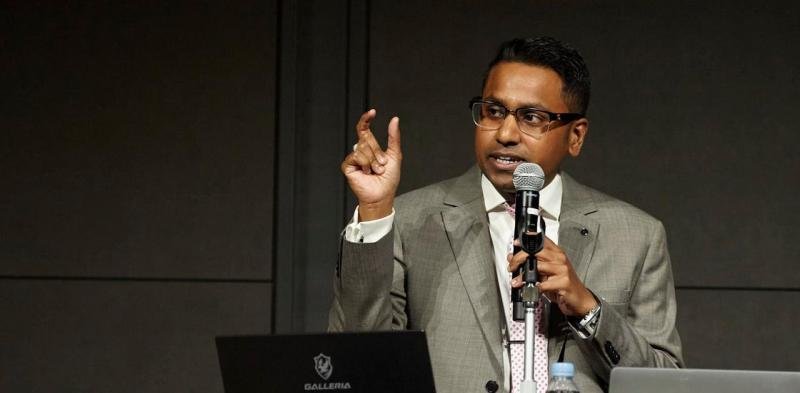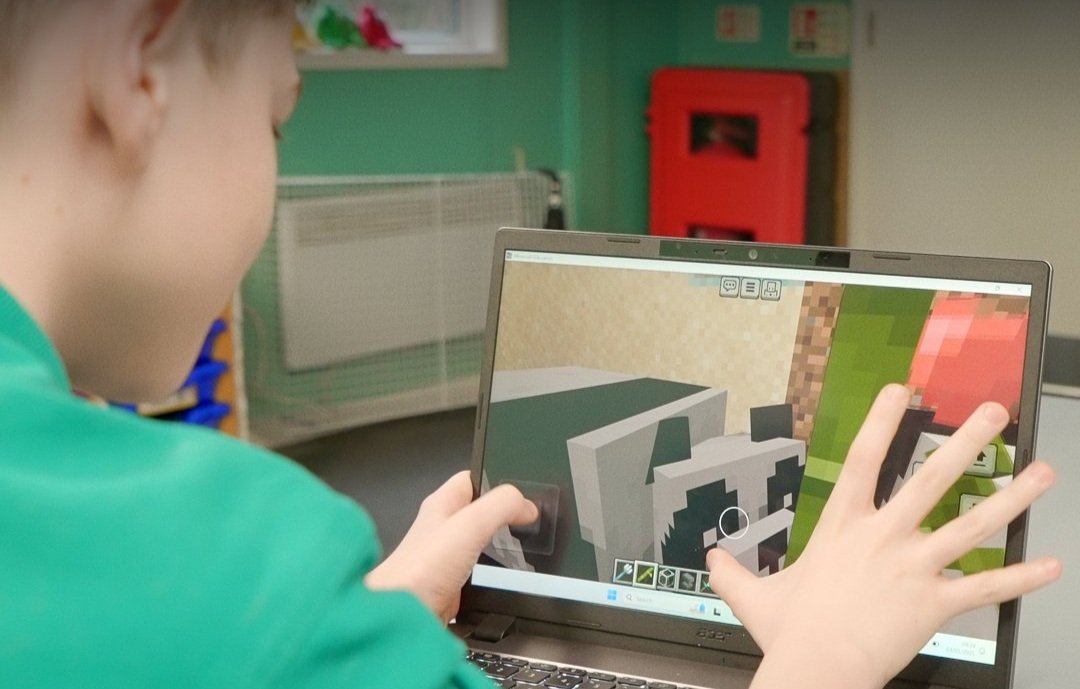Espria highlights urgent need for school cloud migration
Espria, a managed solutions and communications specialist, has highlighted concerns within the education sector regarding the impending digital switch-off and the need for organised cloud migration.
BT Group has announced a delay in the switch-off of its traditional phone networks, ISDN and PSTN, until early 2027. Originally, the company planned to complete this transition by the end of 2025. The new deadline provides additional time for customers, particularly vulnerable groups, to make the necessary changes to digital services.
ISDN (Integrated Services Digital Network) and PSTN (Public Switched Telephone Network) are older phone networks that have been widely used for many years. These traditional systems are being replaced by newer digital services, such as VoIP (Voice over Internet Protocol), which offer faster, more reliable communication with enhanced features.
The transition to digital services is a significant upgrade, as these newer systems use the internet to make calls and transmit data, making them more efficient and versatile. However, moving to these new technologies requires time and resources.
BT's initial plan was to have everyone switched over to digital services by the end of 2025. Recognising the need for more time, the company has extended the deadline to early 2027.
Despite the extended timeline, many UK businesses, including educational institutions, have yet to migrate to digital networks.
Andy Fung, Solutions Architect at Espria, attended the National Association of Head Teachers Annual Conference, where school leaders expressed their concerns about the readiness of their systems for the digital shift.
Fung advised:
“Increased concerns from school representatives on whether their systems will be ready for the shift is normal at this stage. But schools shouldn’t be worried; with the right support and advice, managing IT and comms system needs – and finding the right solution - within available budgets is still possible, even with the delayed deadline. It’s better to be safe than sorry; have these conversations with suppliers now, rather than delay starting the journey when you could end up in a logjam."
Espria’s participation in the conference aimed to address these concerns and provide guidance on managing the transition effectively. Fung highlighted the importance of starting the migration process early, noting that every organisation’s journey to the cloud will vary in duration.
“Every organisation is now on a journey to the cloud, which will take varying amounts of time as cases differ. Starting now means that organisations can stay ahead of the curve and are prepared well ahead of the eventual switch-off of legacy services. Understanding that this digital switch-off is one of the inevitable challenges for schools over the next few years is key, as all schools, and businesses in general, will need time to implement the best solutions for them.”
Since the decision to switch off telecoms ISDN/PSTN services in November 2017, many businesses have adopted digital network technologies such as Voice over Internet Protocol (VoIP), Digital Voice, or All-IP telephony. However, some institutions remain uncertain about the best options for their needs.
Fung also addressed cybersecurity concerns, which are prevalent in the education sector. He reassured that cloud migration does not necessarily increase vulnerability to cyberattacks.
“Experts in the security space are now more easily accessible via partnership alliances, unified by a single supplier. Many of these cyber security service products integrate as part of a wider security ecosystem, meaning telemetry is shared to enhance the efficacy and impact of security solutions. For education, as a data-heavy and cyberattack-focused sector, this bolstered security posture is not just welcomed, but needed across their systems.”
Fung concluded:
“At Espria, we strive to offer schools a breadth of solutions to support the challenges they face. With the digital switch-off delayed, it’s time for schools to prepare their systems for the future of communications. We are ready to provide support and managed services to educators who are still behind on making the shift, guiding them through the process every step of the way.”













